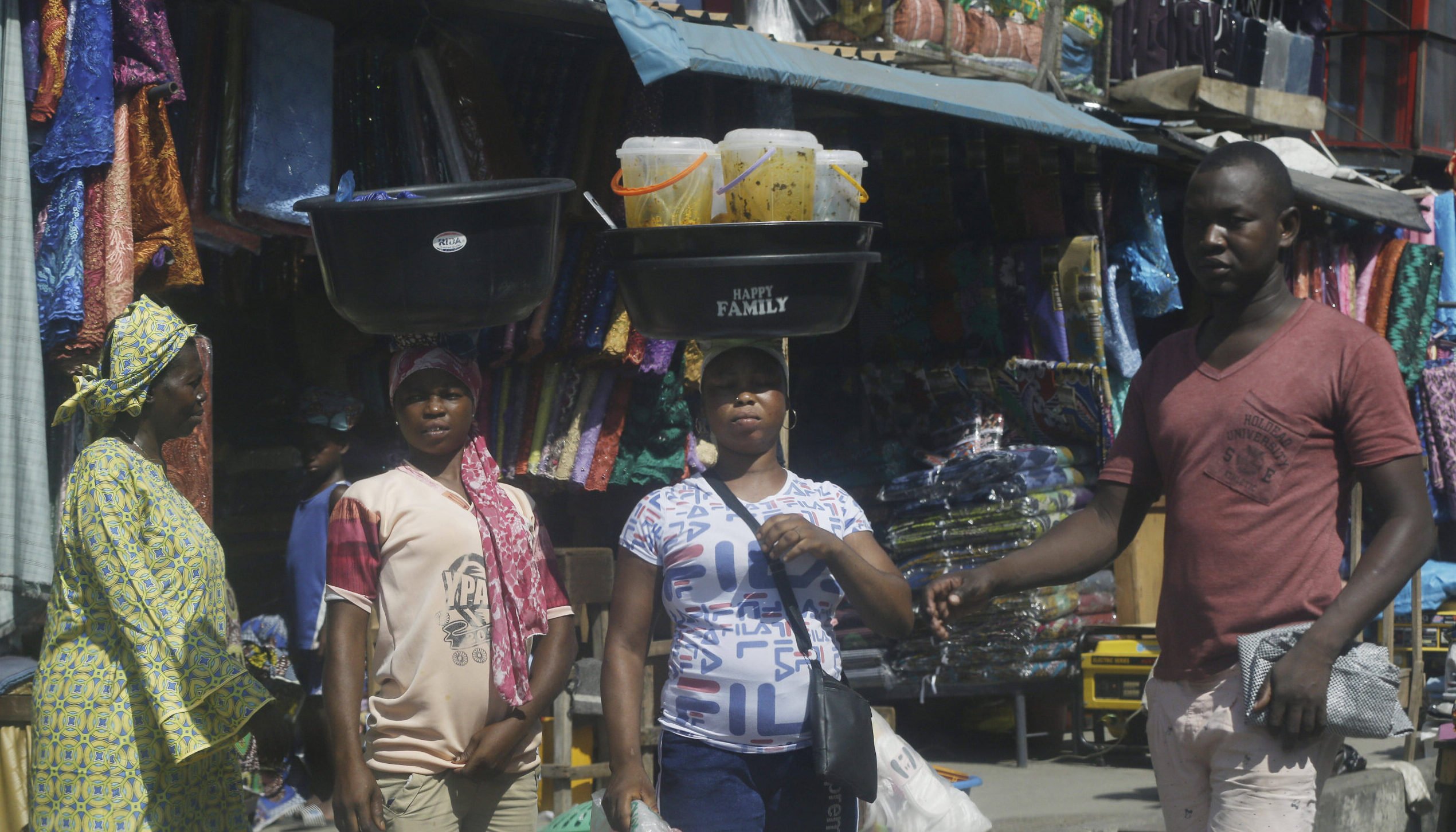Against a backdrop of nationwide vaccination and testing campaigns that targeted hard-to-reach areas, Nigeria was able to keep the rate of Covid-19 infections under control until the start of July, when things gradually began to change.
Official data analysed by The Africa Report showed that after the Nigeria Centre for Disease Control (NCDC) announced on 8 July that it had detected the highly infectious Delta variant, 1,866 cases were confirmed in the two weeks that followed: a 154% increase from the 735 infections recorded within the same period before the announcement.
What’s more, much of the increase was reported in the commercial capital Lagos.
We still have a window of opportunity to prevent this surge, but this requires personal and collective responsibility
“Nigeria, like other countries across the world, is at risk of a surge in Covid-19 cases, given the detection of the Delta variant,” Dr Chikwe Ihekweazu, director-general of the NCDC, tells The Africa Report. He is worried that “the risk of a surge in cases is higher as more people disregard the public health and social measures in place.”
“Given the evidence that the Delta variant spreads faster, it is even more important to adhere to these measures,” he says. “We still have a window of opportunity to prevent this surge, but this requires personal and collective responsibility.”
Following the surge, the nation’s capital and six states were placed on ‘red alert’ by a presidential committee on Covid-19 that announced stiffer measures to mitigate the spread of the virus.
But long before that, much of the attention had been on Lagos, where news of the potential third wave was first announced, and where the rate of positive tests went up from 1.1% at the end of June 2021 to 6.6% by 8 July.
“People are acting like the pandemic is over, but the bigger problem is that the government is not doing enough to compel obedience of measures in place,” says Chuks Ufoma, a Lagos-based medical practitioner.
Politics, religion and slow vaccination roll-out
After five months of vaccinating citizens against Covid-19, Nigeria exhausted the four million doses of Oxford/AstraZeneca vaccine received from the COVAX initiative. This means less than 2% of the 112 million eligible population got the vaccine, health minister Osagie Ehanire announced at WHO meeting attended by The Africa Report on 22 July.
Ehanire lamented that there were other challenges that hampered the vaccination process. “Politics and religion very often lead people to ignore the public health advice in place,” he said of Africa’s most populous nation, where some prominent politicians and religious leaders have led a campaign against Covid-19 vaccination.
Students at Lagos University hit by 3rd wave
What started as flu-like symptoms at the University of Lagos (UNILAG), one of Nigeria’s top universities, turned out to be a likely outbreak of Covid-19. Students in various resident halls were becoming increasingly sick, as more and more reported similar symptoms at the institution’s medical centre.
…there was no measure in place for them if they missed classes. They were still within the school environment, and before you knew it, the cases went viral.
In the following days, the university of at least 60,000 students confirmed it had been affected by a ‘potential 3rd wave’ and on 14 July asked students to vacate the premises within 24 hours. But a costly mistake was made.
Many of the potential contacts of the affected students were not tested before they were asked to go home, according to students who spoke to The Africa Report. “One of them (students) knew she was positive, but she kept quiet and was still living in the hostel,” says one student who asked not to be named for fear that she could be punished by the institution.
She adds that she knew of seven other students with Covid-19 symptoms in two residence halls – including hers where 1,500 live and the second one that has about 3,000 occupants. “Those infected and their close contacts, particularly roommates, were initially sent home. But those contacts remained in school and were still going to classes,” she says.
“Nobody wanted to miss classes and tests, and there was no measure in place for them if they missed classes. They were still within the school environment, and before you knew it, the cases went viral.”
Akin Abayomi, Lagos commissioner for health, has yet to respond to media inquiries sent to him, but Nonye Oguama, UNILAG spokesperson said: “We sent them to the appropriate bodies – the designated centres where people are tested.” “That was why they were asked to go home.”
During a visit to the school, The Africa Report did observe, as is the case in most parts of Lagos, near zero compliance with health protocols such as wearing face coverings and maintaining social distance.
Economy or protection of citizens?
Nigeria continues to record cases from other epidemic prone diseases and, according to Ihekweazu, the situation has “put a strain on existing resources”.
“NCDC has continued to support states to expand their capacity, such as through the establishment of standard treatment centres. The known public health and social measures are extremely important to prevent Covid-19 infection irrespective of the variant. We must do all we can to protect ourselves and our country,” he said.
As the third wave gradually becomes the pandemic of the unvaccinated, Nigeria’s fight against Covid-19 is being stalled by the lack of an immediate plan to vaccinate the remaining 110 million eligible citizens.
With Lagos – which reportedly accounts for 32% of Nigeria’s total gross domestic product (GDP) – now in the spotlight, the country will have to deal with another tough decision if infections continue to increase rapidly: To prioritise protection of its citizens or the economy?

